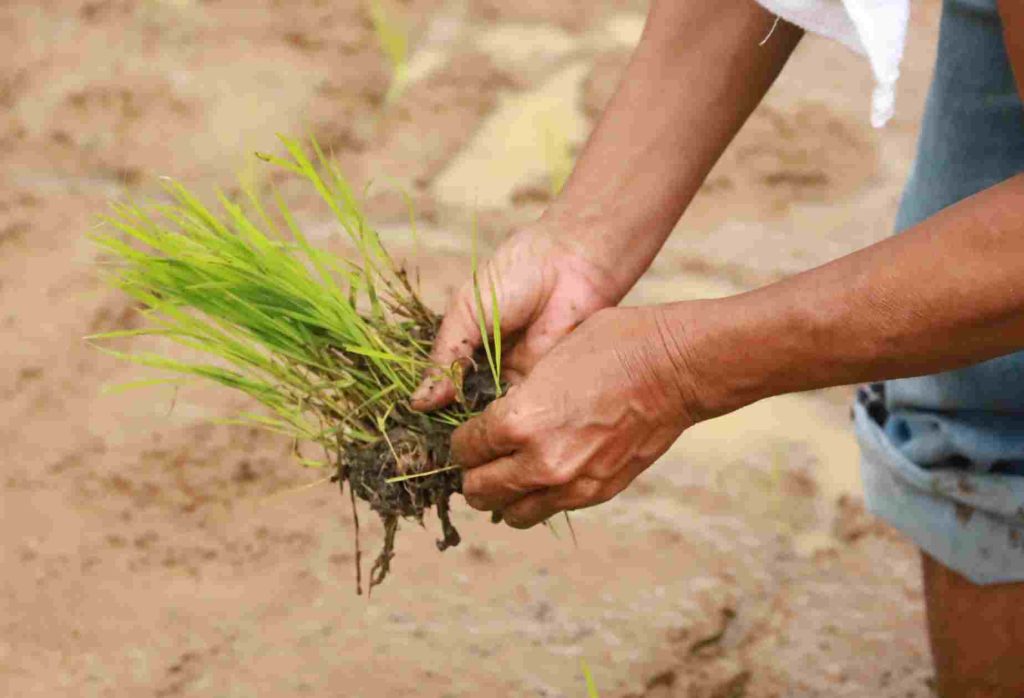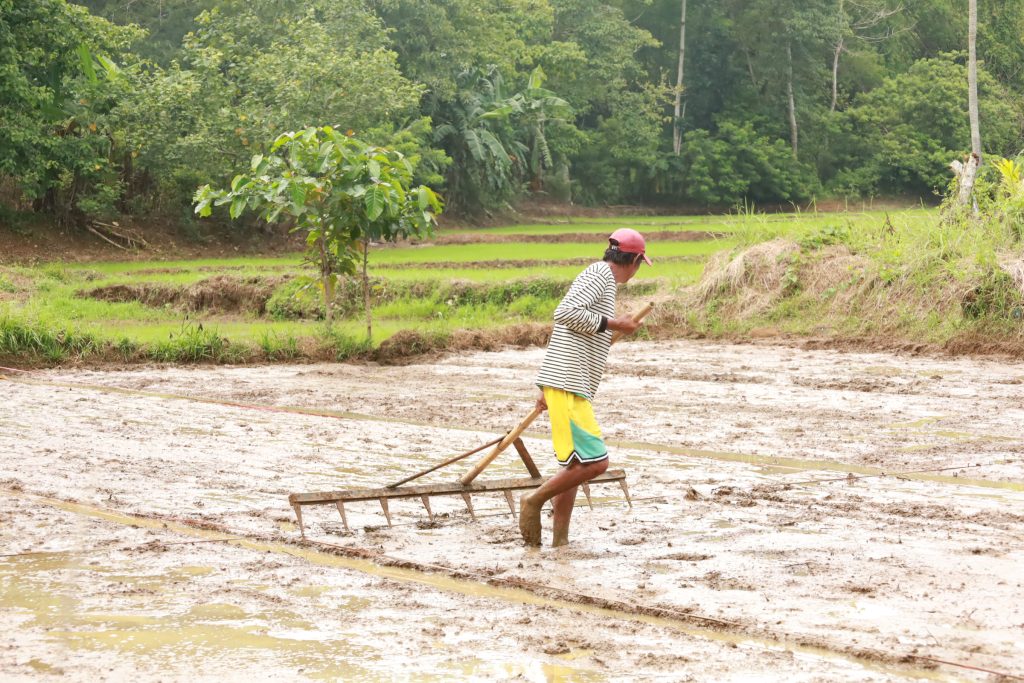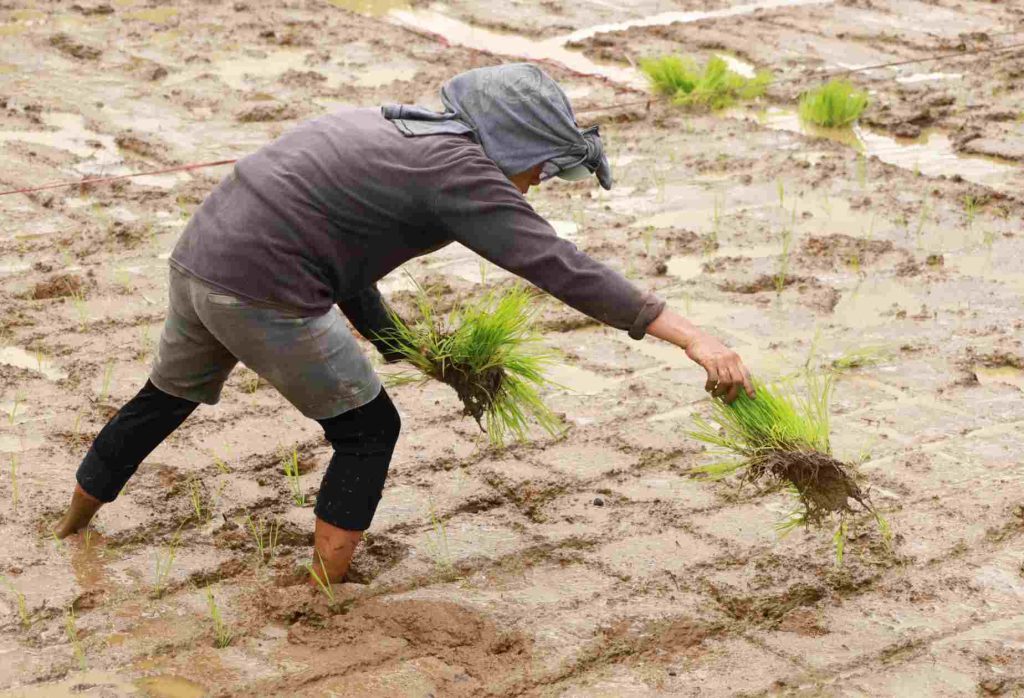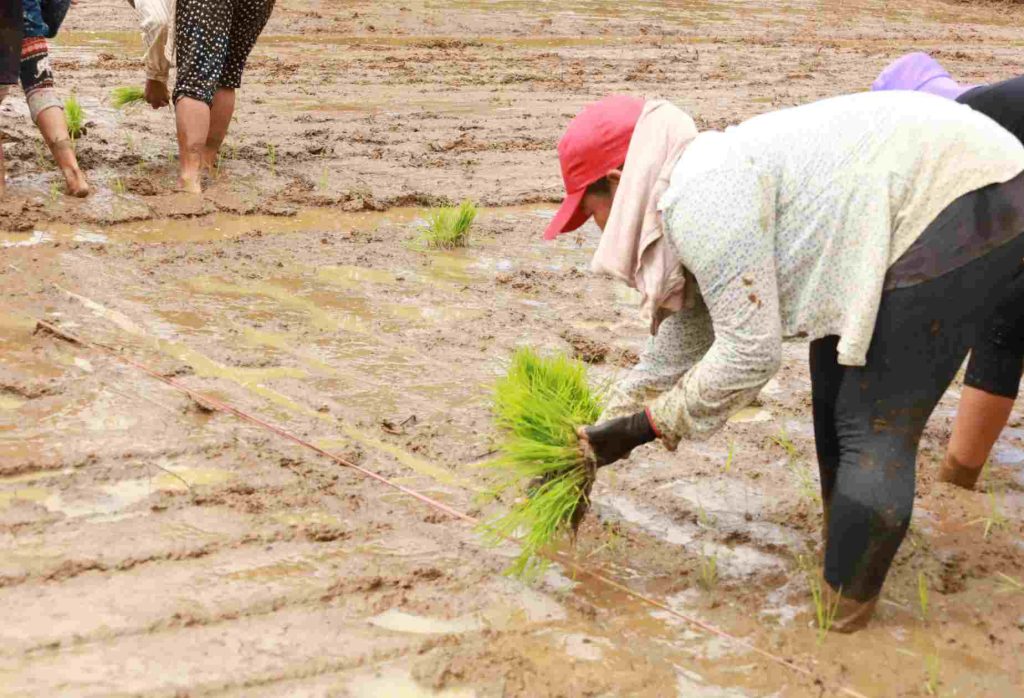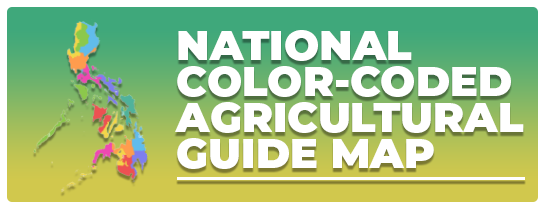A success story of unity and progress of AMIA Villages in Dao, Capiz
Posted by: RAFIS DA6 | Posted at: January 21, 2025
In Dao, Capiz, resilience and innovation define the 147 farmer partners of AMIA program. Established in 2022 across two barangays—Duyoc and Lacaron—this villages exemplifies the power of collective effort and strategic government support. With interventions worth over ₱2.7 million, including cutting-edge practices like the System of Rice Intensification (SRI), AMIA farmers have transformed their livelihoods and strengthened their resilience against climate and economic challenges.
Before the arrival of the AMIA program, the farmers of Dao had already organized themselves into groups, recognizing the importance of collaboration. With the support of the Department of Agriculture (DA), these groups federated to streamline access to government interventions such as seedlings, training, and machinery. “The intervention could easily be given priority when channeled through associations,” said Lorna, an active member.
In 2023, the federation registered with the Department of Labor and Employment (DOLE) and constructed the AMIA Multi-Purpose Center. This center serves as a hub for producing organic fertilizers and other sustainable farming inputs, solidifying their commitment to environmentally friendly practices.
One of the most notable achievements is the establishment of seven SRI demo farms covering two hectares. SRI, a climate-resilient rice production method, involves planting young seedlings individually at wider intervals, maintaining moist (not flooded) soil, and ensuring better root and canopy growth. This method not only reduces water use but also significantly increases yields. Studies reveal yield increases of 50% to 100%, aligning with Duyoc and Lacaron AMIA Village goal of achieving food security while adapting to climate challenges.
Despite the challenges posed by African Swine Fever (ASF), AMIA farmers have adapted remarkable sound adjustments for the Babuyang Walang Amoy project; through strict biosecurity measures, the group maintained 20 pigs, served 10 households, and generated ₱135,000 in income from 14 heads sold. In the native pig and chicken production projects, farmers embraced diversification, selling piglets and establishing a communal poultry house with a 264-egg incubator. Organic feed development further enhanced sustainability. In the vermicomposting and organic vegetables project with eight fully operational vermi bins, farmers produce compost for their organic farms, ensuring food for their families while protecting soil health.
The village also installed an automated weather station, enabling farmers to make informed decisions based on real-time climate data. Policies and guidelines were developed to prevent future losses, showcasing their ability to turn lessons into action.

AMIA Village in Dao demonstrates how organized farmer associations can unlock greater opportunities. Their collective efforts, guided by the AMIA interventions and climate-resilient practices like SRI, have improved livelihoods and established a model for sustainable rural development. ###




